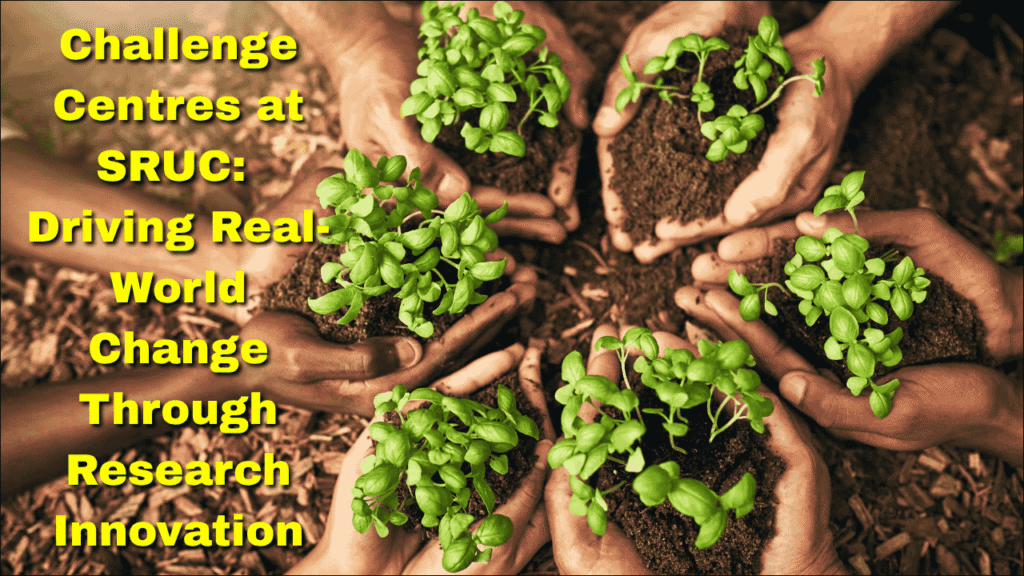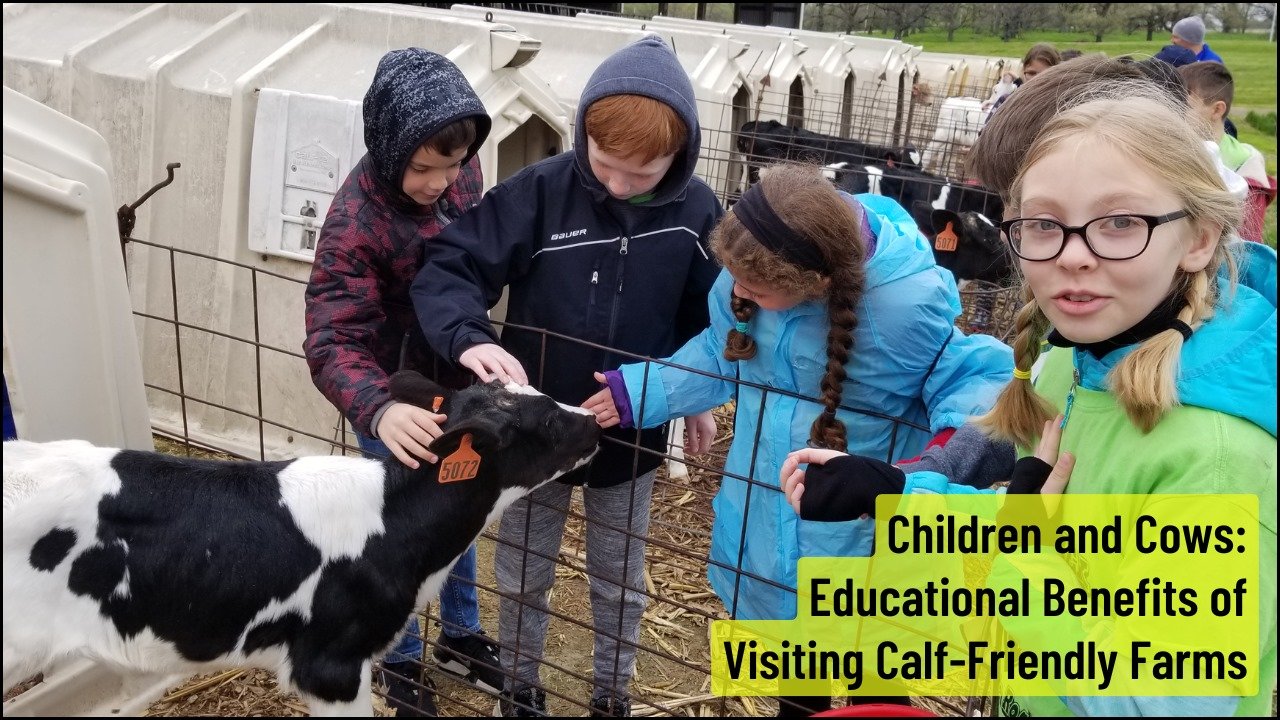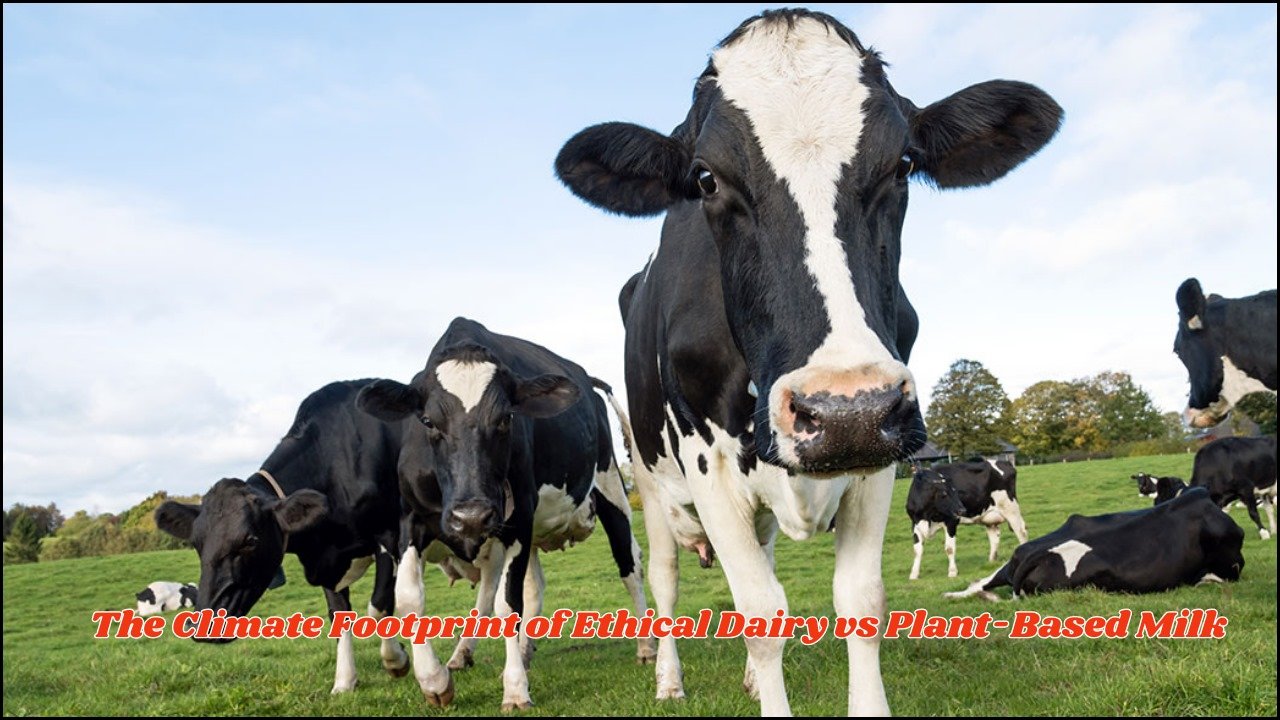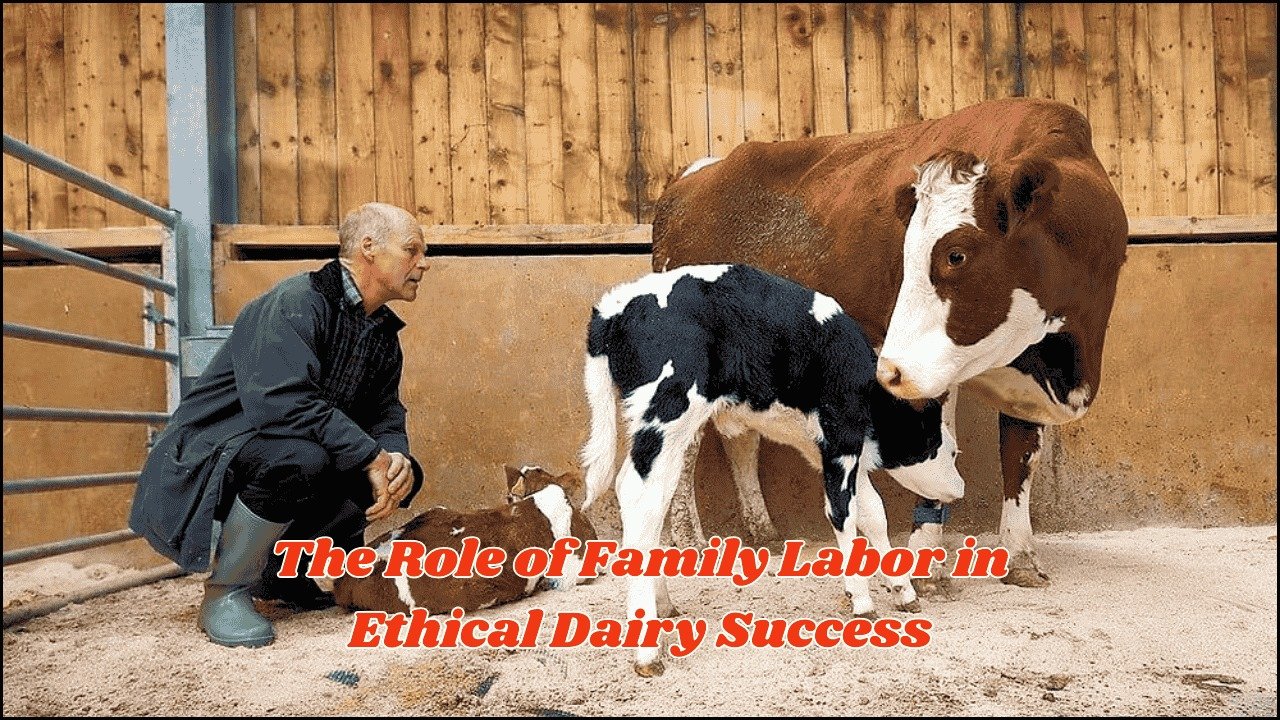
Scotland’s Rural College (SRUC) has established Challenge Centres as a key component of its research ecosystem. These Centres tackle urgent global and regional challenges by merging scientific expertise with practical implementation. Designed to bridge gaps between academia, industry, and public policy, the Centres produce research with measurable societal impact. Built upon SRUC’s established commercial and research strengths, the Centres lead innovative approaches that respond to pressing demands in the natural economy.
Table of Contents
Core Objectives of the Challenge Centres
- Address global issues like climate change, biodiversity loss, food insecurity, and sustainable agriculture.
- Promote interdisciplinary collaboration across scientific, commercial, and governmental domains.
- Deliver real-world solutions that influence decision-makers in policy and industry.
- Encourage future research leaders through academic mentorship and practical engagement.
- Support SRUC’s mission to be a leading force in the natural economy.
Key Characteristics of SRUC Challenge Centres
- Independent yet collaborative operations
- Focus on interdisciplinary research
- Leadership by domain experts
- Direct impact on society and policy
- Support from both internal faculties and external stakeholders
Major Challenge Centres at SRUC
SRUC has launched several thematic Challenge Centres. Each Centre is tailored to a specific global concern and driven by collaborative and innovative thinking.
| Challenge Centre | Primary Focus |
|---|---|
| Future Farming Systems Centre | Enhancing sustainable farming practices through technology and ecology. |
| One Health Centre | Integrating human, animal, and environmental health for a comprehensive approach. |
| Planetary Health Centre | Exploring interactions between natural systems and human development. |
| Rural & Remote Communities Centre | Empowering rural communities through economic, social, and infrastructure support. |
| Digital & Data Innovation Centre | Harnessing AI, big data, and digital tools to solve agricultural and ecological challenges. |
Detailed Overview of Key Challenge Centres
1. Future Farming Systems Centre
- Focuses on regenerative agriculture, smart technologies, and agroecological approaches.
- Partners with local farmers, tech companies, and government bodies.
- Aims to reduce carbon footprints while increasing farm productivity.
- Develops low-emission livestock and crop systems.
2. One Health Centre
- Recognises that the health of people is linked to the health of animals and ecosystems.
- Works with public health agencies, veterinarians, and ecologists.
- Researches zoonotic diseases, antimicrobial resistance, and food safety.
- Supports policy development for integrated health management.
3. Planetary Health Centre
- Investigates how human activity affects planetary systems and vice versa.
- Connects climate science with agriculture and food systems.
- Promotes climate-smart agriculture and biodiversity conservation.
- Engages with international climate action frameworks and local adaptation initiatives.
4. Rural & Remote Communities Centre
- Addresses challenges faced by remote populations, such as access to services, job creation, and sustainability.
- Collaborates with rural councils, NGOs, and community groups.
- Provides insights into migration patterns, youth engagement, and economic development.
- Encourages inclusive rural innovation and planning.
5. Digital & Data Innovation Centre
- Uses AI, IoT, and advanced analytics to model complex agricultural scenarios.
- Enables precision farming through real-time data monitoring and automation.
- Supports the development of digital tools for soil, crop, and animal health.
- Ensures ethical data governance and public trust.
Research Strategy and Implementation
Each Centre follows a research pathway designed to maximise its impact on policy, practice, and innovation.
| Stage | Action |
|---|---|
| Problem Definition | Identifying pressing societal and environmental challenges. |
| Stakeholder Mapping | Engaging with policymakers, industry partners, and communities. |
| Interdisciplinary Input | Combining insights from life sciences, economics, data science, and social research. |
| Pilot and Test | Developing prototype solutions and testing them in controlled environments. |
| Policy and Practice Integration | Sharing results with authorities and guiding regulatory improvements. |
Collaborative Approach
- Cross-Faculty Synergy: Centres collaborate with SRUC departments such as Veterinary Science, Land Use, and Environmental Sciences.
- External Partnerships: Strong links to the Scottish Government, DEFRA, WHO, and international universities.
- Student Engagement: Offers students access to research internships, fieldwork, and real-time problem-solving experience.
Benefits of Challenge Centres to Society
| Sector | Benefits Realized |
|---|---|
| Agriculture | More sustainable production systems and improved resource efficiency. |
| Public Health | Stronger preparedness for disease outbreaks and improved health surveillance. |
| Environment | Better ecosystem management and biodiversity protection. |
| Economy | Boosted rural economies through innovation and skill development. |
| Education | Enhanced research training and interdisciplinary learning opportunities. |
Achievements and Impact
- Influenced UK agricultural policy on emissions and regenerative farming.
- Published high-impact studies on zoonotic risk prediction and data ethics.
- Improved practices in over 50 rural communities across Scotland.
- Created digital tools for crop disease forecasting used by hundreds of farmers.
- Contributed to COP climate dialogues through white papers and partnerships.
Future Directions
- Expansion of Global Networks: Building alliances in Europe, Africa, and Asia to share and scale solutions.
- Focus on Equity and Inclusion: Ensuring that innovations benefit underrepresented communities.
- Integration of Emerging Tech: Exploring quantum computing, remote sensing, and synthetic biology applications.
- Policy Leadership: Strengthening influence on global frameworks like the UN Sustainable Development Goals.
Closing Perspectives
Challenge Centres at SRUC embody the institution’s dedication to turning research into real-world impact. Each Centre blends science with practical application, fostering collaborations that go beyond academic boundaries. As global challenges grow more complex, SRUC’s Challenge Centres serve as crucial platforms for innovation, cooperation, and transformation across sectors.





